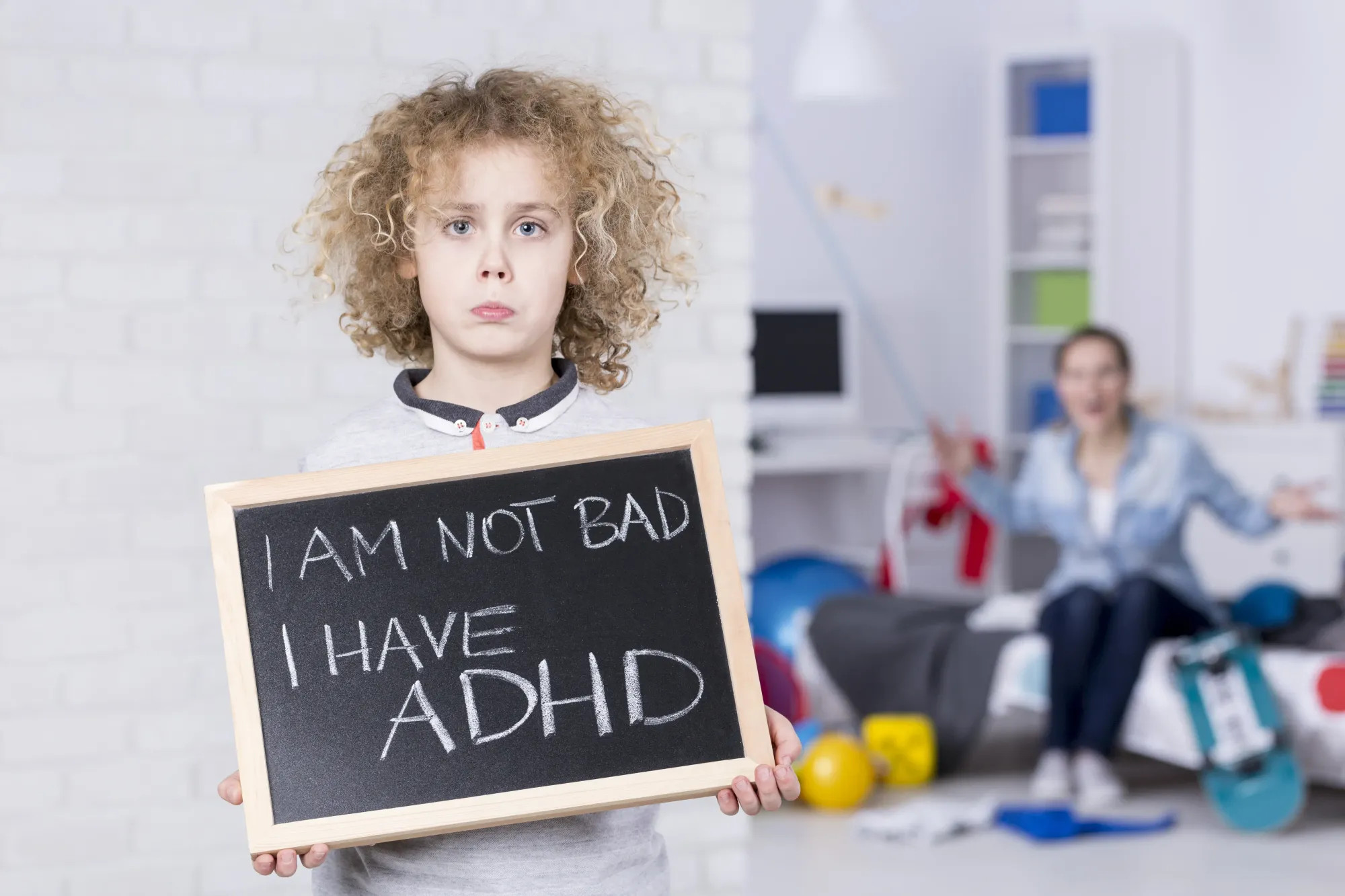In fact, many people have experienced diarrhea after eating spicy food and diarrhea after being nervous or catching cold. What’s going on here?
Next, let’s make it clear one by one.
Why do some people get diarrhea when they eat spicy food?
Chili peppers contain a component called “capsaicin”, which will combine with the “capsaicin receptor” in the body after entering the body. Too much capsaicin cannot be completely broken down and metabolized by the digestive tract.
Therefore, when the “capsaicin receptor” is activated, in order to quickly expel capsaicin from the body, the gastrointestinal tract peristalsis speed up. But the gastrointestinal tract is violently “speed up” at the same time and can not take into account the “regularity of movement”, resulting in irregular gastrointestinal peristalsis, intestinal motility disorders, so that bowel movements also become irregular.
The time that the feces remain in the intestines is shorter than normal, and the water in the feces is absorbed less by the intestines, causing the feces to become too thin and unformed, resulting in the symptom of “diarrhea”.
Moreover, the activation of the “capsaicin receptor” activates the pain nerve conduction pathway, transmitting a “burning sensation”, which is why we sometimes have a “snotty nose and a tearful face” when we eat spicy food. This is the reason why we sometimes get “snot and tears” when we eat spicy food.
In addition, our intestinal tract has a large number and variety of bacteria. Under normal circumstances, the intestinal flora is in a state of “balance” with more beneficial bacteria and less harmful bacteria.
But when the intestinal tract is stimulated (such as violent hot and cold stimulation, spicy and oily stimulation or overwork), it will cause intestinal flora imbalance, bringing diarrhea, constipation and other indigestion symptoms.
Of course, the reaction after eating spicy and each person’s constitution is also very related. Some people are afraid of spicy and some people are not happy with spicy, which is closely related to the individual’s physical condition and living habits.
For those who also eat a lot of spicy food in their lives, the occasional diarrhea that occurs after eating spicy food will slowly ease over time with relatively non-dramatic symptoms.
For those who suffer from intestinal stress syndrome, there are more capsaicin receptors in the intestines that can bind to capsaicin, so these people are more likely to have diarrhea after eating spicy food, and the symptoms are more severe.
Why do you get diarrhea even when you’re cold and nervous?
In fact, not only eat spicy will lead to diarrhea, many people cold, nervousness will also have diarrhea, which is attributed to the stomach and intestines by the “stimulation” caused by the common “stimulating factors” can be broadly divided into three categories, respectively, diet, temperature and Mental.
Food is the most common irritant for diarrhea. In addition to the spicy stimuli we mentioned above, a large intake of some high-sugar foods can also promote intestinal peristalsis leading to diarrhea, especially the intake of large amounts of fruits containing fructose.
Fructose malabsorption is more likely to diarrhea. There are also fried, high-protein foods or caffeine, etc., a large intake may appear diarrhea symptoms.
Temperature irritation leading to diarrhea is also more common. This is because unlike skin nerves, the nerves in the gastrointestinal tract are more sensitive to pain caused by pulling, hot and cold stimuli as opposed to cutting pain.
Especially at our navel, where the skin is thin and there is no muscle or fat tissue under the umbilicus, it is easier to get cold and induce irritable bowel syndrome leading to abdominal pain, diarrhea and other discomforts.
Mental factors can also lead to diarrhea. Because in the human gastrointestinal tract exists independently of the central nervous system of the neural structure, which is closely linked with the central nervous system, each other, we will be this connection between the brain and the intestinal tract of the “emotional line” called “brain – intestinal axis”.
When we have tension, anxiety, anger and other bad emotions, this emotional signal will be transmitted to the gastrointestinal tract through the “brain – intestinal axis”, affecting the peristalsis of the gastrointestinal tract, indigestion symptoms.
In addition. There are also other causes of diarrhea, such as bacterial or viral infections, excessive alcohol consumption, drug abuse, and so on. Therefore, if you do not get relief from mild diarrhea symptoms, you should consult a doctor to identify the cause of diarrhea and prescribe the right medication.
What should people who are prone to diarrhea watch out for?
To keep your gastrointestinal tract healthy, we have the following suggestions:
Dietary moderation: try to avoid some fried or high-fat food, reduce the degree or frequency of eating spicy food. Eat regularly, do not overeat and try to eat fresh food.
Moderate heat and cold: Pay attention to keeping warm in daily life, especially in areas that are susceptible to cold such as the belly button. Avoid eating foods that are too hot or too cold. Avoid alternating hot and cold during meals (e.g. hot pot + cold drinks).
Relaxation: Find good ways to relieve stress (e.g., journaling, talking to friends, etc.) and intentionally develop your ability to stabilize and regulate your emotions.
Strengthen exercise: Develop regular exercise habits to improve blood circulation in the gastrointestinal tract and strengthen the body’s immunity.



